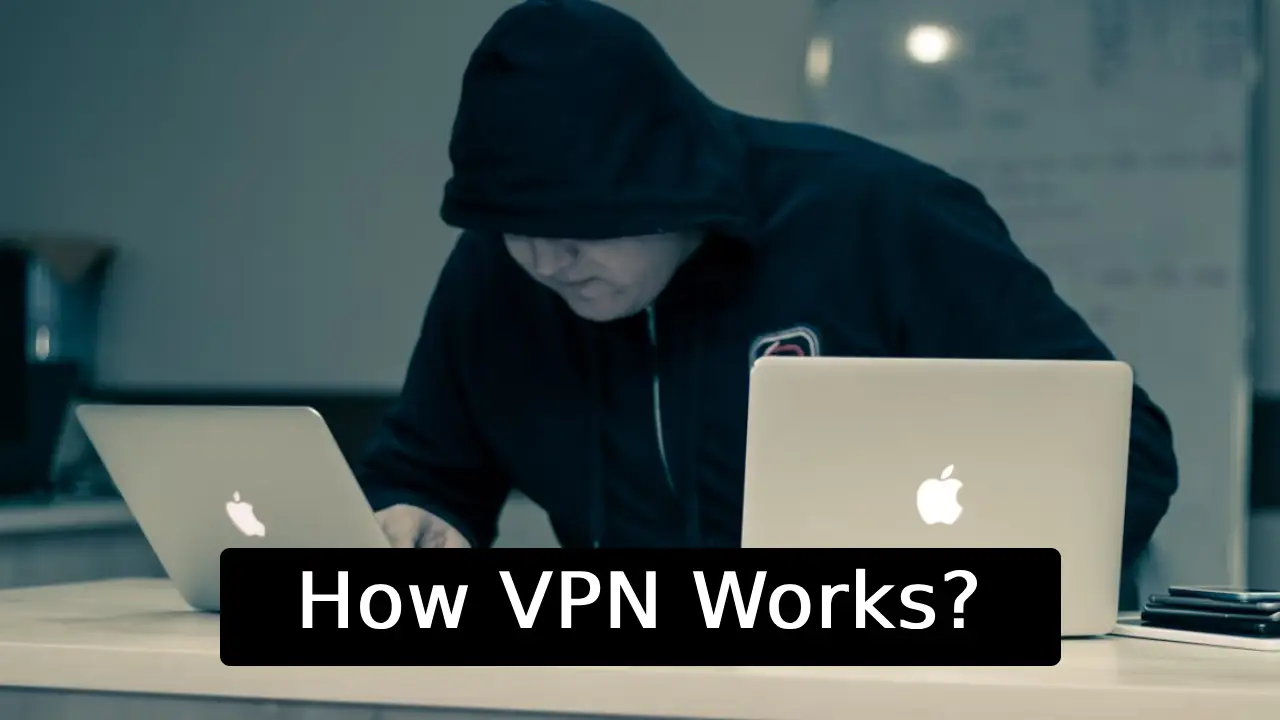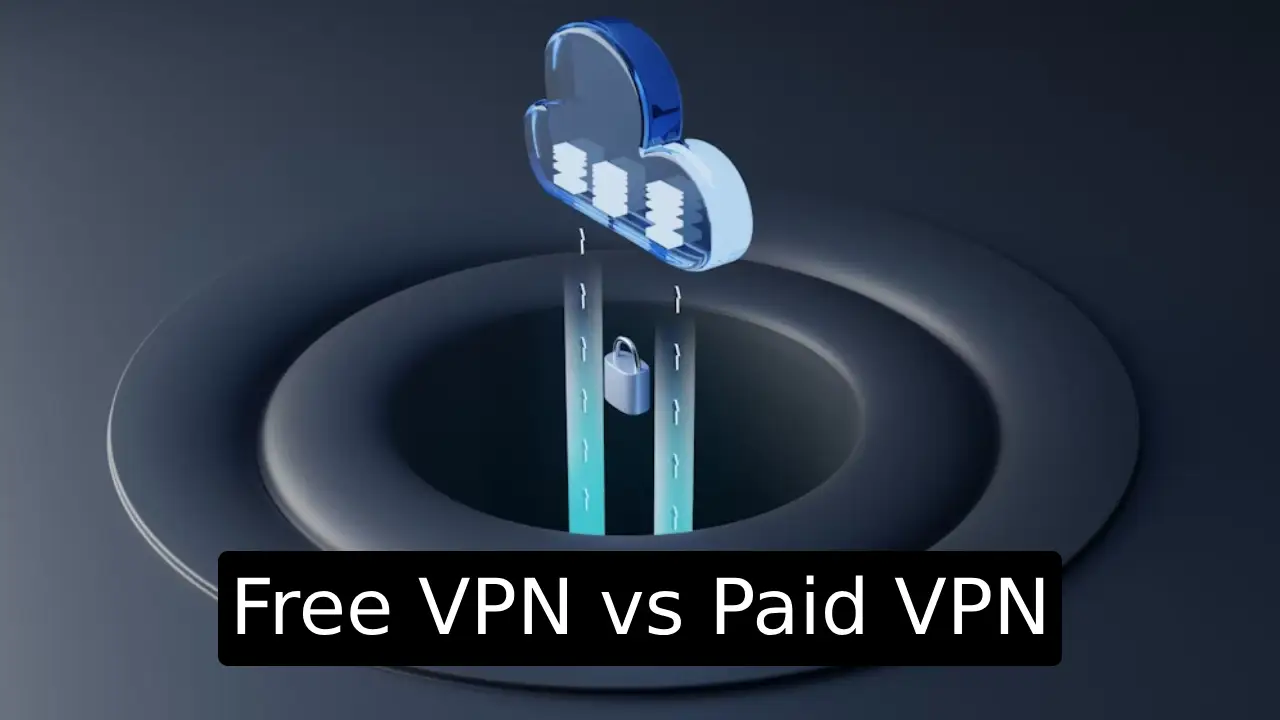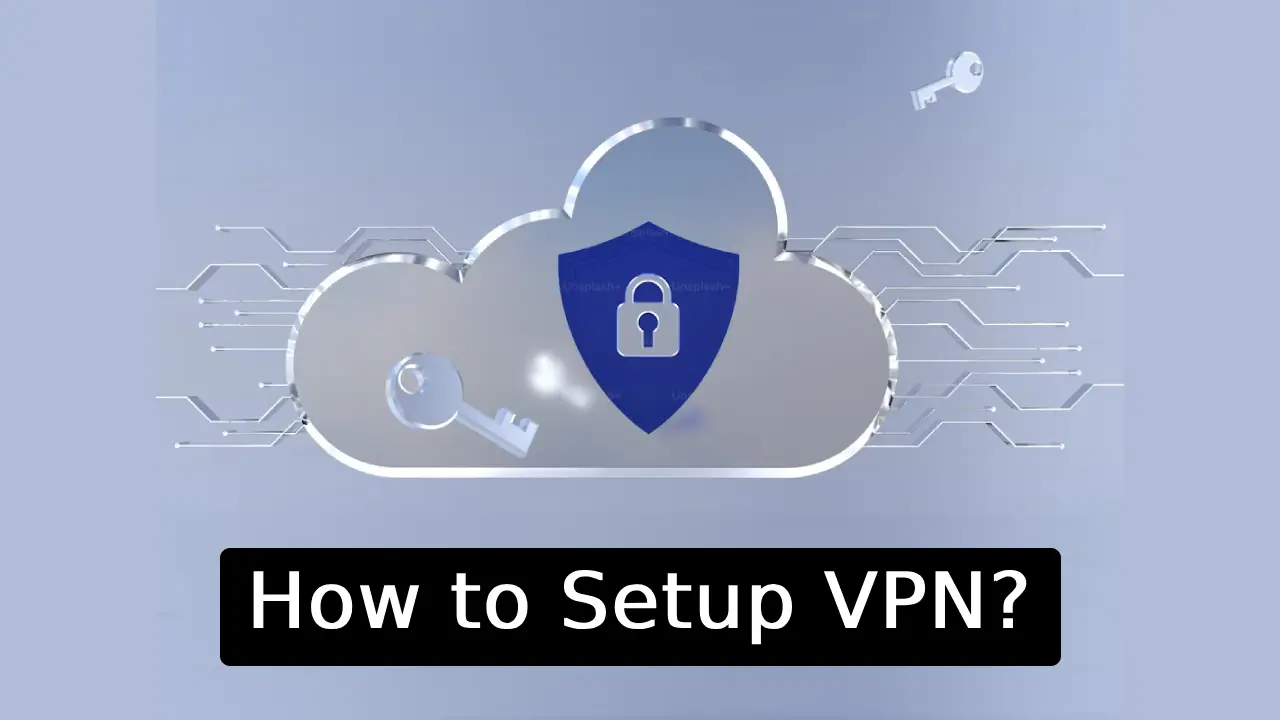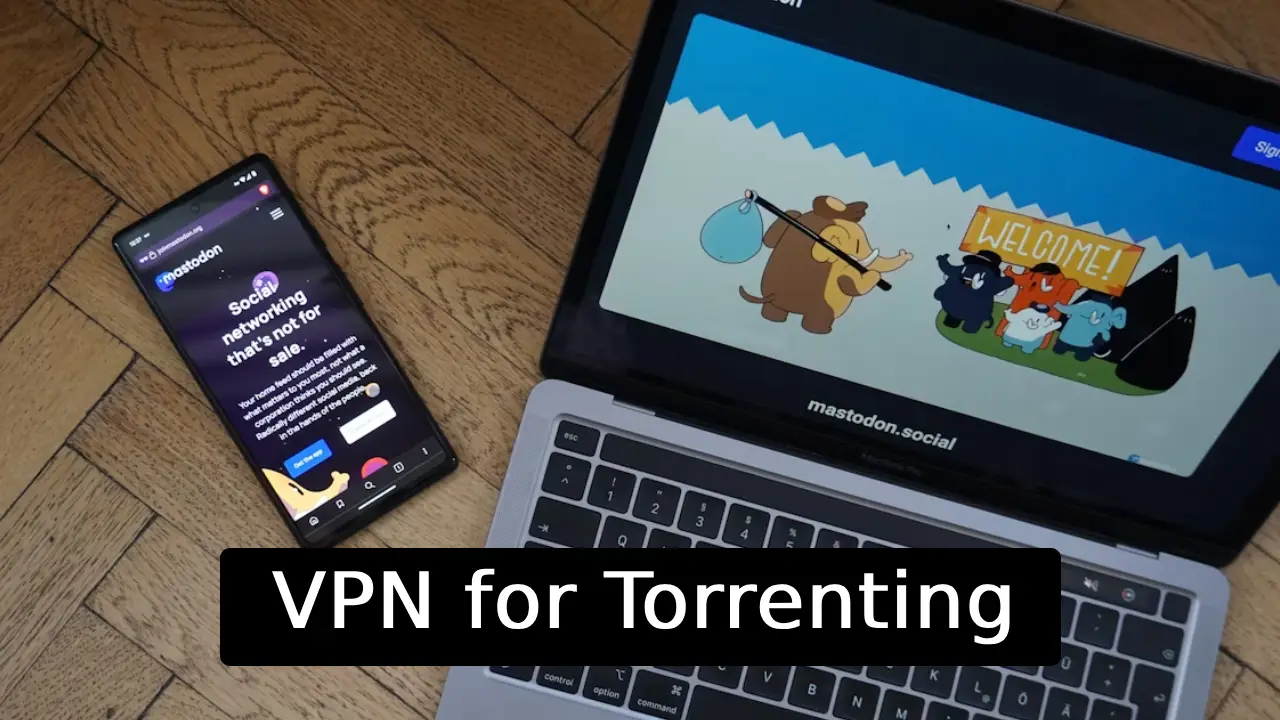How VPN Works: Your Ultimate Privacy Shield
How VPN works is a question every privacy-conscious internet user asks. At its core, a VPN (Virtual Private Network) creates a secure tunnel between your device and the internet, encrypting your data and masking your IP address. This prevents hackers, ISPs, or governments from tracking your online activities. But how exactly does this digital cloak operate? Let’s demystify the process step by step.
What is a VPN?
A VPN routes your internet connection through a remote server operated by the VPN provider. Instead of connecting directly to websites, your data travels through this encrypted tunnel, making it unreadable to outsiders. Whether you’re browsing on public Wi-Fi or accessing geo-blocked content, a VPN acts as your privacy guardian.
How VPN Works: The Step-by-Step Process
1. Connection Initiation
When you activate a VPN app, it establishes a secure link to a VPN server. Your device authenticates with the server using protocols like OpenVPN or WireGuard—the foundation of how VPN works.
2. Data Encryption
Your original data (e.g., emails or search queries) gets wrapped in layers of encryption. Advanced algorithms like AES-256 scramble it into gibberish, decipherable only by your VPN server.
3. Secure Tunneling
This encrypted data travels through a “tunnel” shielded from snoopers. Protocols like IPSec or L2TP ensure no third party—even your ISP—can peek inside.
4. IP Masking & Server Relay
The VPN server replaces your real IP address with its own. To websites, you appear as a user from the server’s location, bypassing geo-restrictions or censorship.
5. Decryption & Access
The VPN server decrypts your data, forwards it to the destination (e.g., Google), and repeats the process in reverse for incoming traffic.
Key VPN Protocols Explained
- OpenVPN: Open-source and highly secure. Ideal for most users.
- WireGuard: Lightning-fast and modern. Perfect for streaming.
- IKEv2/IPSec: Stable for mobile devices; automatically reconnects after network switches.
Why You Need a VPN
Wondering why this matters? A VPN:
- Hides your IP from advertisers and hackers.
- Secures public Wi-Fi (e.g., coffee shops or airports).
- Unblocks Netflix, Hulu, or BBC iPlayer.
- Avoids bandwidth throttling by ISPs.
(For deeper insights, read our guide: Why You Need a VPN.)
Real-World Benefits
- Privacy: Prevents data harvesting by apps or governments.
- Security: Encrypts sensitive transactions (banking, passwords).
- Freedom: Accesses content restricted in regions like China or Iran.
- Remote Work: Safely connects to company networks.
Potential Limitations
- Speed Loss: Encryption can slow connections slightly (though WireGuard minimizes this).
- Trust Dependency: Free VPNs may log/sell your data. Stick to audited providers like ProtonVPN or Mullvad.
- Legal Compliance: VPNs are illegal in some countries (e.g., Belarus).
Choosing a Reliable VPN Provider
Prioritize:
- No-Log Policies: Providers like ExpressVPN or NordVPN.
- Server Locations: More options = better unblocking.
- Kill Switch: Halts the internet if the VPN drops.
- Multi-Device Support: Protects phones, laptops, and routers.
Pro Tips for Maximizing VPN Efficiency
- Use split tunneling to encrypt only select apps.
- Enable “Always-On VPN” on mobile devices.
- Pair with Tor for extreme anonymity.
- Regularly test for IP/DNS leaks (use ipleak.net).
Future of VPN Technology
Innovations like quantum-resistant encryption and blockchain-based VPNs (e.g., Orchid Protocol) are emerging. As cyber threats evolve, so will how VPN works—adapting to AI-driven attacks and IoT vulnerabilities.
Take Control of Your Digital Life
Understanding how VPN works empowers you to reclaim online privacy. By encrypting data, masking your IP, and leveraging secure protocols, a VPN transforms risky browsing into anonymous exploration. Start using one today—your digital freedom depends on it.




